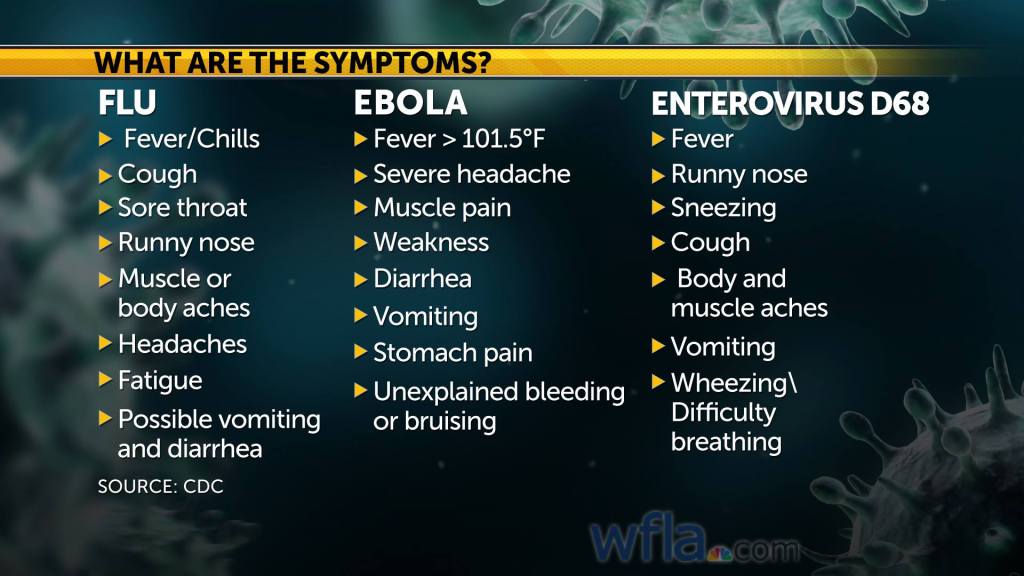Exactly when the flu season will commence is unpredictable. But the Center of Disease Control (CDC) reports it could start as early as October and typically runs through February. Although some years the flu has continued as late as May.
So why would a HR Strategy source such as HR C-Suite be concerned about the flu?
Our focus has always been on driving and protecting the workplace’s ability to achieve results. One such desired result is optimal productivity. Another is customer centeredness and driving in revenue.
Here’s the business case for preparing your workplace for the flu season:
If employees go out of work for days at a time, productivity can be negatively impacted. Or worse, what if employees come to work sick? Several employees pick up the flu virus and staying home for days at a time can kill productivity.
What about your customers and revenue? Let’s put the proverbial shoes on your feet. As a customer how would you feel if the cashier was sniffling all over your change or merchandise? Or how about the image of a food service worker sneezing all over your food?
Yes, it’s not pretty.
If you are like me, I would not be too excited to return to that place of business with my dollars anytime soon. I suspect many customers would feel the same way. There is the hit to your company's revenue.
Take the bull by the horns and put a plan in place could prevent the negative hit to business results.
What to do:
1) Educate yourself
Educate yourself on the symptoms of flu versus other deadly viruses. The more informed you are on what to look for, the more likely you can take correct and calm steps.
 2) Take a look at your contingency plan.
2) Take a look at your contingency plan.
Contingency plans should take into account the possibility that many employees may not be able to come to work. In addition, employers should be aware that school closings would put a strain on working parents. Particularly this is true if employees are not eligible for Family Medical Leave and/or do not have paid time off options available to them.
3) Find ways for employees to work from home.
Many times employees will come to work sick out of fear for being penalized for missing work. Providing flexible arrangements may reduce exposure in the workplace as well as reduce stress for the employee.
To combat looming fears about Ebola effective communication is always a best practice. An effective way to keep fears calm in the workplace is to communicate clearly, consistently and frequently about any virus facts, policies, and options available.
4) Encourage employees to engage in proper healthy hygiene habits.
- Cover nose and mouth with a tissue when coughing or sneezing.
- Wash hands often with soap and water, especially after coughing or sneezing. Alcohol-based hands cleaners are also helpful but not a replacement for old fashioned soap and water.
- Avoid touching your eyes, nose or mouth. Germs spread that way.
- Stay home if you get sick. CDC recommends that you stay home from work or school and limit contact with others to keep from infecting them.
- Follow public health advice regarding school closures, avoiding crowds and other social distancing measures.
For the sake of a healthy workplace and productivity, start now in implementing good practices to overcome the impact of flu. In doing so perhaps we will punch worse viruses like Ebola in the mouth.
